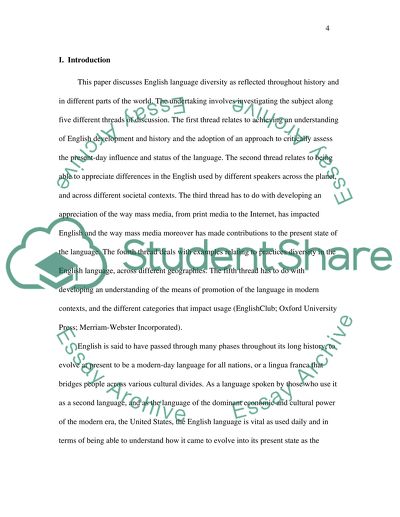Cite this document
(“English through the history and around the world Essay”, n.d.)
English through the history and around the world Essay. Retrieved from https://studentshare.org/literature/1495529-english-through-the-history-and-around-the-world
English through the history and around the world Essay. Retrieved from https://studentshare.org/literature/1495529-english-through-the-history-and-around-the-world
(English through the History and Around the World Essay)
English through the History and Around the World Essay. https://studentshare.org/literature/1495529-english-through-the-history-and-around-the-world.
English through the History and Around the World Essay. https://studentshare.org/literature/1495529-english-through-the-history-and-around-the-world.
“English through the History and Around the World Essay”, n.d. https://studentshare.org/literature/1495529-english-through-the-history-and-around-the-world.


